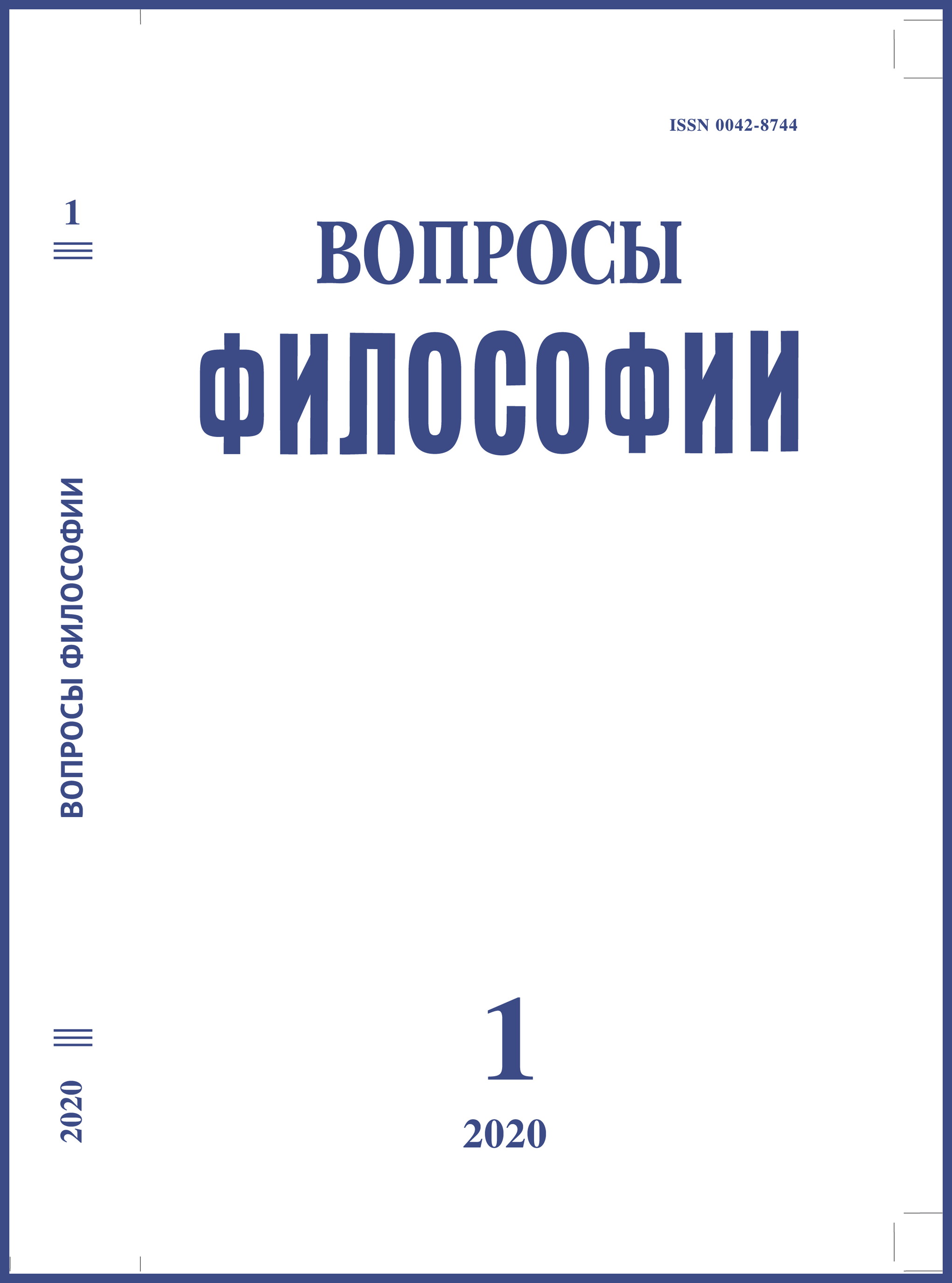The Japanese State Anthropomorphization and Emotional Life (second half of 19th century – 1945)
DOI:
https://doi.org/10.21146/0042-8744-2020-1-180-194Keywords:
Meiji period, Japanese totalitarianism, kokutai, worldview, national character.Abstract
Second half of 19th century–1945 was the period of drastic changes in Japanese society, the time of building the nation-state and the Great Japanese Empire, based on the unity of all Japanese people. Political reforms and the ideology of
this period are well investigated. However, there are few studies of how the Ja panese themselves and people's worldview have changed. The article focuses on the emotional transformations of the Japanese during this period and based on
official historical documents, writings of publicists, poetry and prose. One consequence of such a rapid changes was, in particular, the dramatic increase in number of mental illnesses and suicides during the Meiji period. Shared exal tation was a characteristic feature of the era, the most important government de cisions were made on a sudden impulse. Literature (especially the new shintaishi poetry contributed to the popular feelings excitement, and openly promoted xenophobia. The belief in the superiority of the Japanese spirit over matter dic tated decisions that were insane in military-practical terms. Thus, in 1941 Japan attacked the main US naval base in the Pacific – Pearl Harbor. The decision that led to the collapse of the empire.

